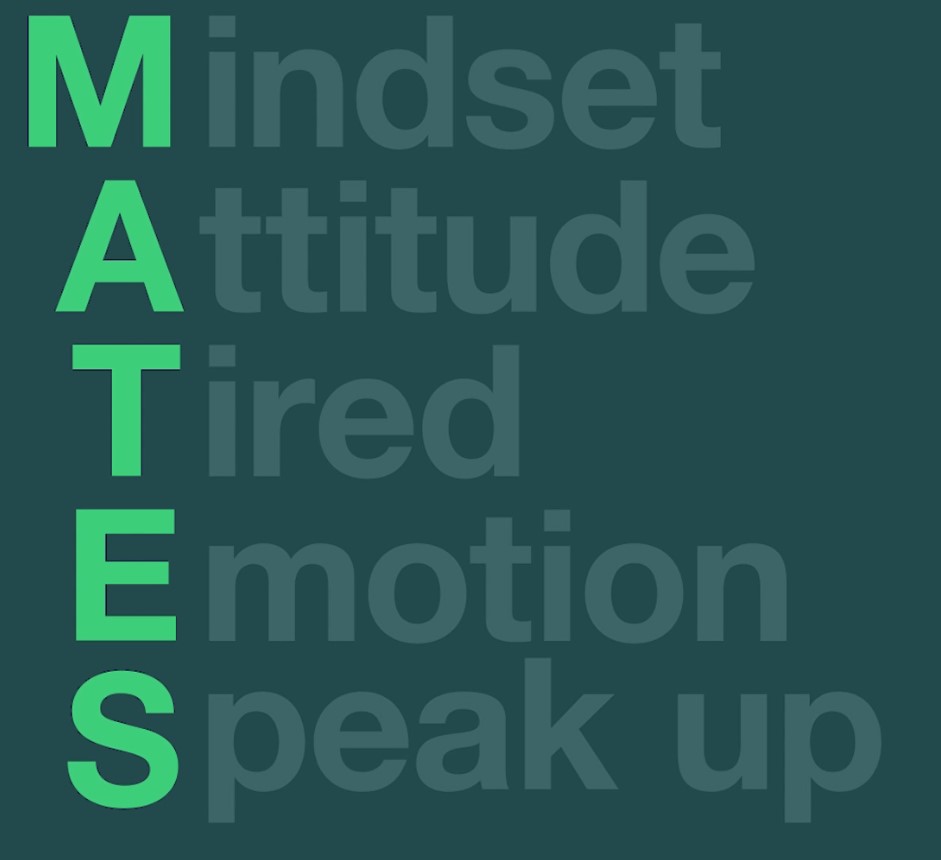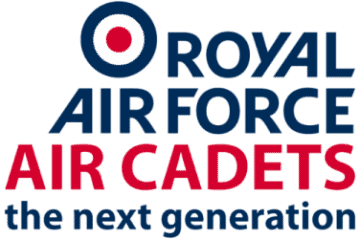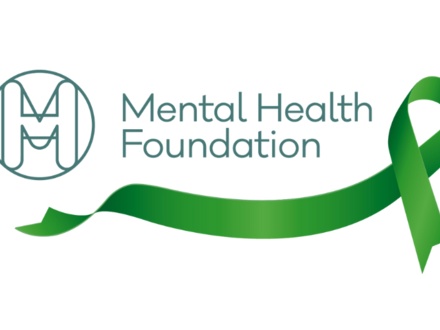
World Mental Health Day on Sunday 10th October gave us the time to reflect on why we need to discuss Mental Health.
The RAF provides its workforce with the support and resources it needs to improve its mental health and continue operational efficiency; Mental Health is as important to serving personnel as their physical health and fitness is.
Help and advice is available through the Chain of Command, via Medical or Welfare Officers, and your local Chaplaincy. Civil Service colleagues can also access their Employee Assistance Programme for help.
The RAF Benevolent Fund and RAF Association are both charities that support Mental Health and wellbeing. SSAFA also has points of contact and local officers to support personnel, with details being available on the Stations contacts page via the RAF Website.
Help and advice is available online or over the phone: HeadFIT for life, Combat Stress for Veterans’ Mental Health, Samaritans, togetherall, Headspace, and the Charity for Civil Servants.
The Chaplain from Operation SHADER, Squadron Leader Andi, discusses Mental Health and the importance of seeking help.
Studies show that 1 in 4 people in the UK will suffer from poor mental health each year, with the most common issues relating to stress, anxiety and depression.
“How are you?”
It is okay to not be okay.
We must look after our own mental health, as well as our friends, family, and colleagues; if you can suffer, then anybody can. Asking for help is not a sign of weakness.
- Have you noticed changes in someone’s outlook?
- Does it seem like they are not focussed on their job?
- Has their behaviour changed?
- Has their appearance changed?
- Has their energy level dropped?
- Do they seem sad, irritable, or angry?
Small changes to someone’s MINDSET, ATTITUDE, TIREDness, or EMOTIONS, often indicate a bigger issue. If you notice these changes, SPEAK up. Look out for your MATES.
The RAF Senior Leadership team is always seeking to understand how the Whole Force is coping with the stresses of work. We cannot support an individual if we do not know how they are suffering. One way to collect this information is through the RAF Occupational Wellbeing Survey (OW-B).
In 2019, 41% of RAF participants returned the survey, an improvement on previous years. The RAF Occupational Psychology Team use the valuable feedback from the survey to improve the working lives of RAF personnel and to help shape wellbeing and resilience initiatives.





